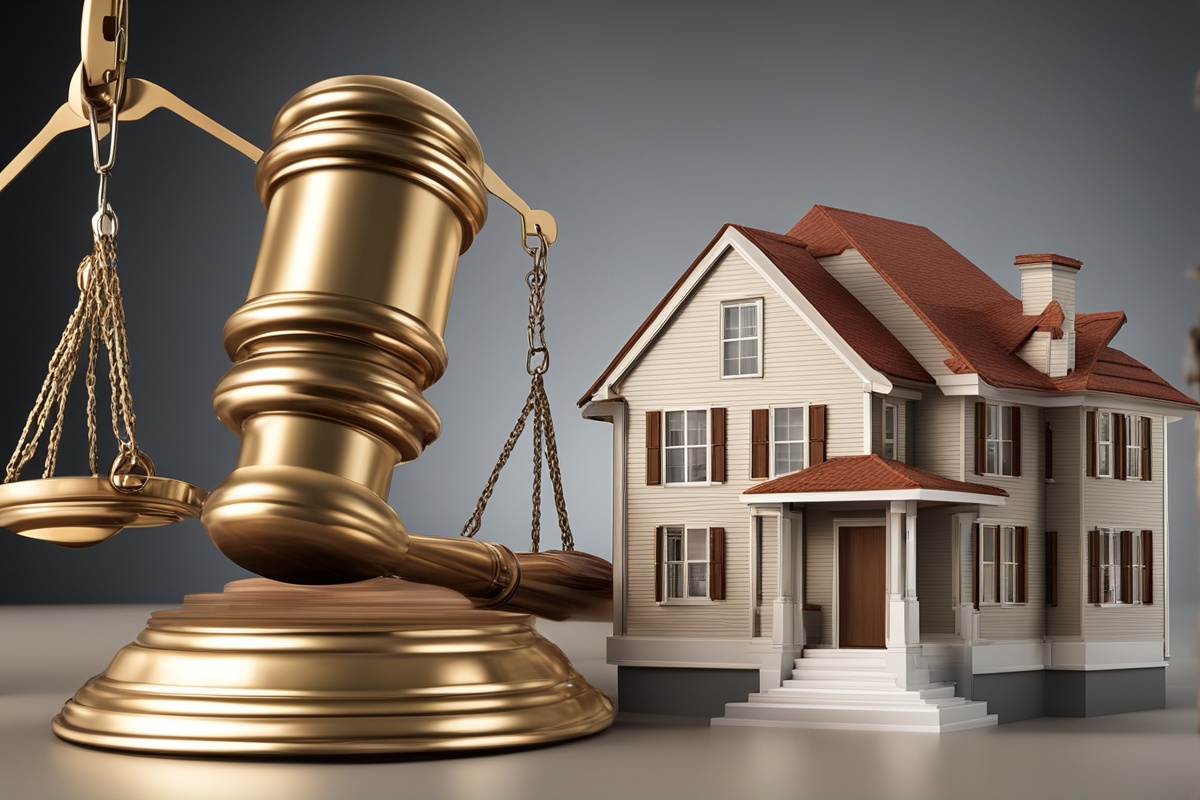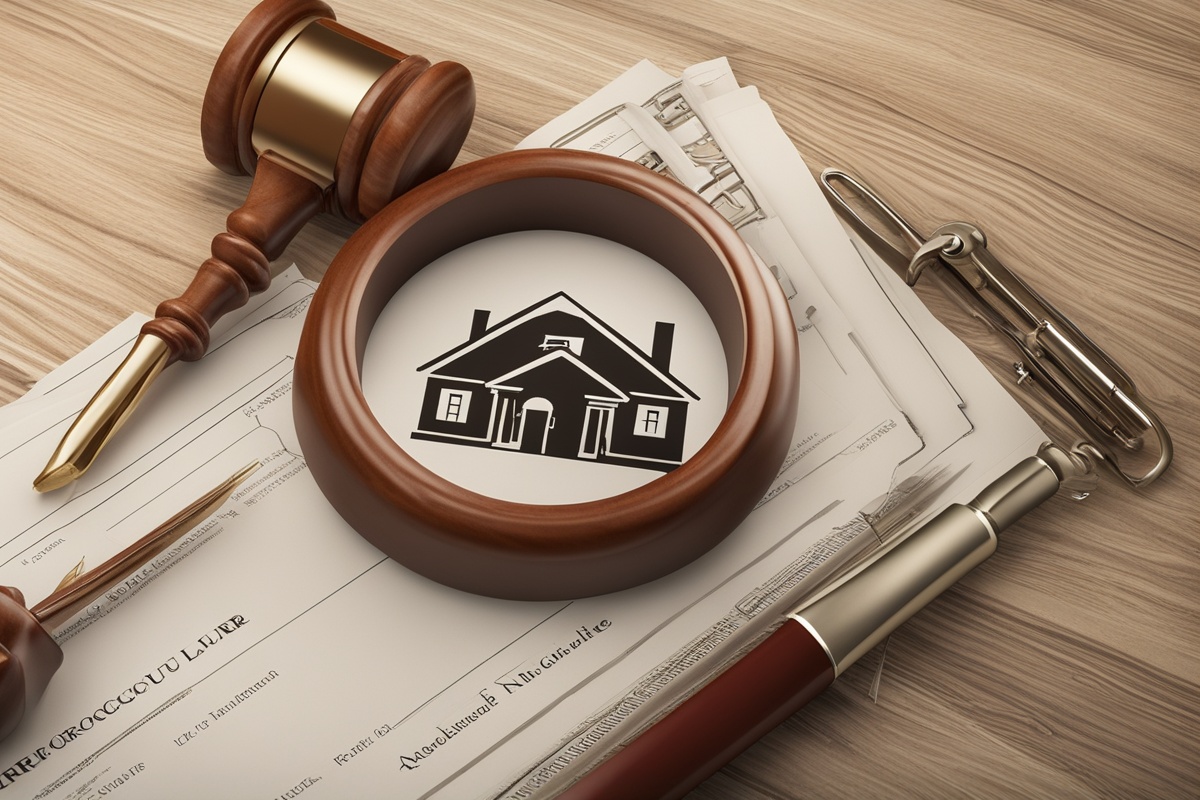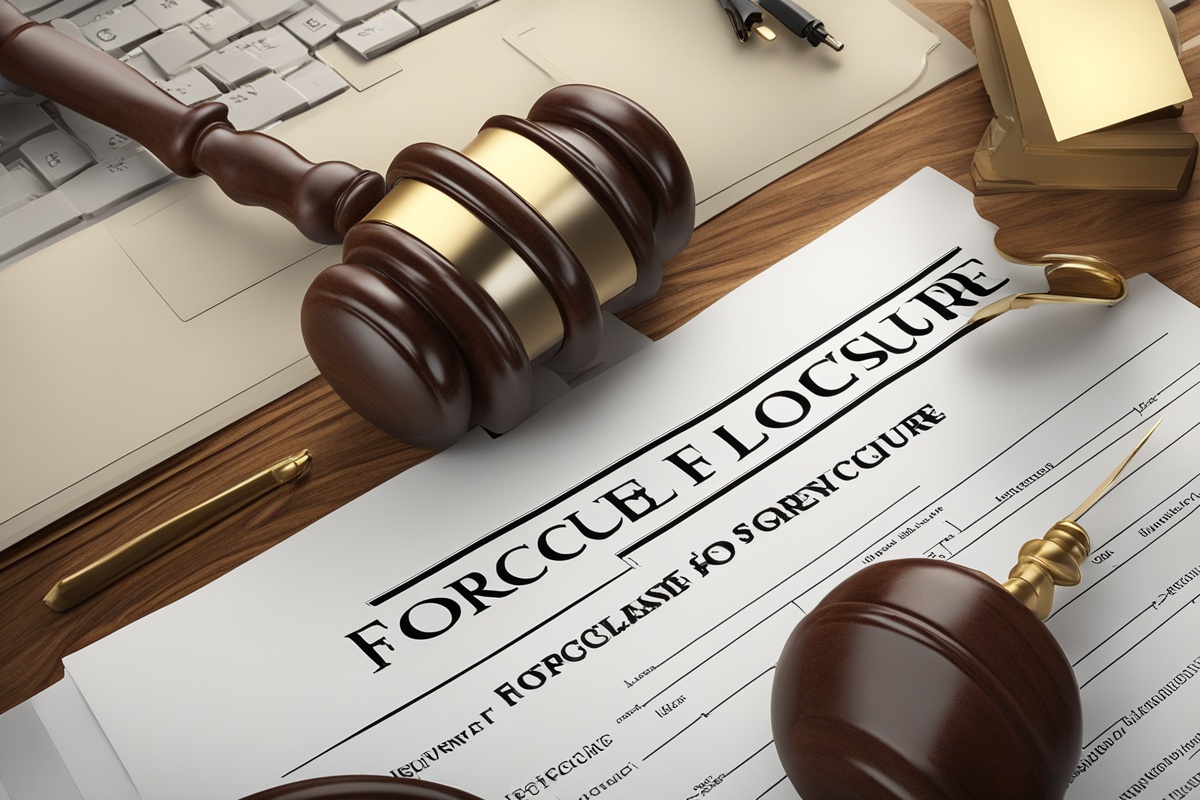Home repossession disputes can be one of the most stressful and emotionally taxing experiences for any homeowner. Facing the potential loss of your home due to financial hardship, legal misunderstandings, or disputes with lenders requires a clear understanding of the process and your rights. Navigating home repossession disputes is not just about reacting to a foreclosure notice; it’s about proactively seeking solutions, understanding legal protections, and sometimes challenging the process itself. This comprehensive guide aims to help homeowners facing repossession by breaking down the critical steps, legal considerations, and resources available to protect your home and rights.
Understanding Home Repossession and Foreclosure Basics
Home repossession, often synonymous with foreclosure, occurs when a lender takes legal action to reclaim a property due to the homeowner’s failure to meet mortgage payment obligations. This process varies by state and country, but it generally follows a structured legal path. Navigating home repossession disputes begins with understanding the type of foreclosure process in your area—whether judicial (court-supervised) or non-judicial (handled outside of court)—as this impacts your ability to contest the action.
Repossession disputes often arise from disagreements over missed payments, improper lender notifications, or violations of homeowner rights. Recognizing the early signs of foreclosure, such as default notices or late payment penalties, is crucial. Homeowners should also familiarize themselves with key terms like “default,” “acceleration clause,” and “deficiency judgment” to better prepare for discussions with lenders or legal counsel.
Common Causes of Home Repossession Disputes
Disputes during home repossession often stem from a variety of issues, many of which can be contested with the right approach. Financial hardship due to job loss, medical emergencies, or unexpected expenses is a leading cause, but other factors include:
- Lender Errors: Incorrect accounting of payments or failure to apply payments properly can lead to wrongful foreclosure claims.
- Violation of Notification Rules: Lenders are often required to provide proper notice before initiating foreclosure, and failure to do so may invalidate the process.
- Predatory Lending Practices: Some disputes arise from unfair loan terms or deceptive practices by lenders, which can be legally challenged.
- Disputes Over Ownership: In cases of divorce, inheritance, or co-ownership, disagreements over who is responsible for payments can complicate repossession proceedings.
Navigating home repossession disputes requires identifying the root cause of the issue and gathering evidence, such as payment records or correspondence with the lender, to build a strong case.
Legal Rights and Protections for Homeowners
Homeowners facing repossession are not without recourse. Federal and state laws provide protections that can delay or prevent foreclosure under certain circumstances. For instance, the Fair Debt Collection Practices Act (FDCPA) in the United States prohibits abusive or deceptive practices by debt collectors, including some foreclosure actions. Additionally, programs like the Home Affordable Modification Program (HAMP) may offer loan modification options to qualifying homeowners.
Navigating home repossession disputes also involves understanding state-specific laws, such as redemption periods (a timeframe to reclaim your home after foreclosure) or anti-deficiency laws (which may limit a lender’s ability to pursue remaining debt after foreclosure). Consulting with a foreclosure attorney or housing counselor can help you identify these protections. For more on homeowner rights, explore our detailed guide on Foreclosure Defense Strategies.
Steps to Take When Facing Home Repossession
If you’ve received a foreclosure notice, time is of the essence. Here are actionable steps to help you navigate home repossession disputes effectively:
- Review Your Loan Documents: Check for any discrepancies in terms or missed notifications from your lender.
- Communicate with Your Lender: Many lenders prefer to avoid foreclosure and may offer forbearance, loan modification, or repayment plans.
- Seek Legal Assistance: A foreclosure attorney can evaluate your case, file motions to delay proceedings, or challenge the foreclosure on legal grounds.
- Explore Government Programs: Look into federal or state assistance programs designed to help struggling homeowners.
- Document Everything: Keep records of all communications, payments, and notices to support your case if a dispute arises.
For additional tips on negotiating with lenders, check out our post on Effective Lender Communication During Foreclosure.
Challenging a Wrongful Foreclosure
In some cases, foreclosure proceedings may be initiated improperly, giving homeowners grounds to challenge the action. Wrongful foreclosure claims can be based on procedural errors, fraud, or violations of consumer protection laws. Navigating home repossession disputes in this context often requires proving that the lender failed to follow legal protocols or acted in bad faith.
Common grounds for challenging foreclosure include dual tracking (when a lender pursues foreclosure while simultaneously offering a loan modification) or failure to provide proper notice. Filing a lawsuit or requesting a temporary injunction can halt the process while your case is reviewed. Learn more about building a strong defense in our article on Wrongful Foreclosure Claims.
Emotional and Financial Impact of Repossession Disputes
Beyond the legal complexities, navigating home repossession disputes takes a significant toll on mental health and financial stability. The stress of potentially losing one’s home can lead to anxiety, depression, and strained family relationships. Financially, foreclosure impacts credit scores for years, making it harder to secure future loans or housing.
To mitigate these effects, consider seeking support from community resources or counseling services. Many non-profits offer free financial planning and emotional support for homeowners in distress. For guidance on rebuilding after foreclosure, read our resource on Recovering Financially After Foreclosure, and for emotional support strategies, see Coping with Foreclosure Stress.
Disclaimer: The information provided in this article is for general informational purposes only and does not constitute legal advice. Navigating home repossession disputes involves complex legal processes that vary by jurisdiction. We strongly recommend consulting with a qualified attorney or legal professional to address your specific situation. The authors and publishers of this content are not responsible for any actions taken based on the information provided herein.
References
- Consumer Financial Protection Bureau – What is Foreclosure?
- U.S. Department of Housing and Urban Development – Avoiding Foreclosure
- Nolo – Foreclosure Rights for Homeowners
- Federal Trade Commission – Mortgage Assistance Relief Services
- American Bar Association – Foreclosure Resources for Consumers
This content is for informational purposes only and not a substitute for professional advice.





